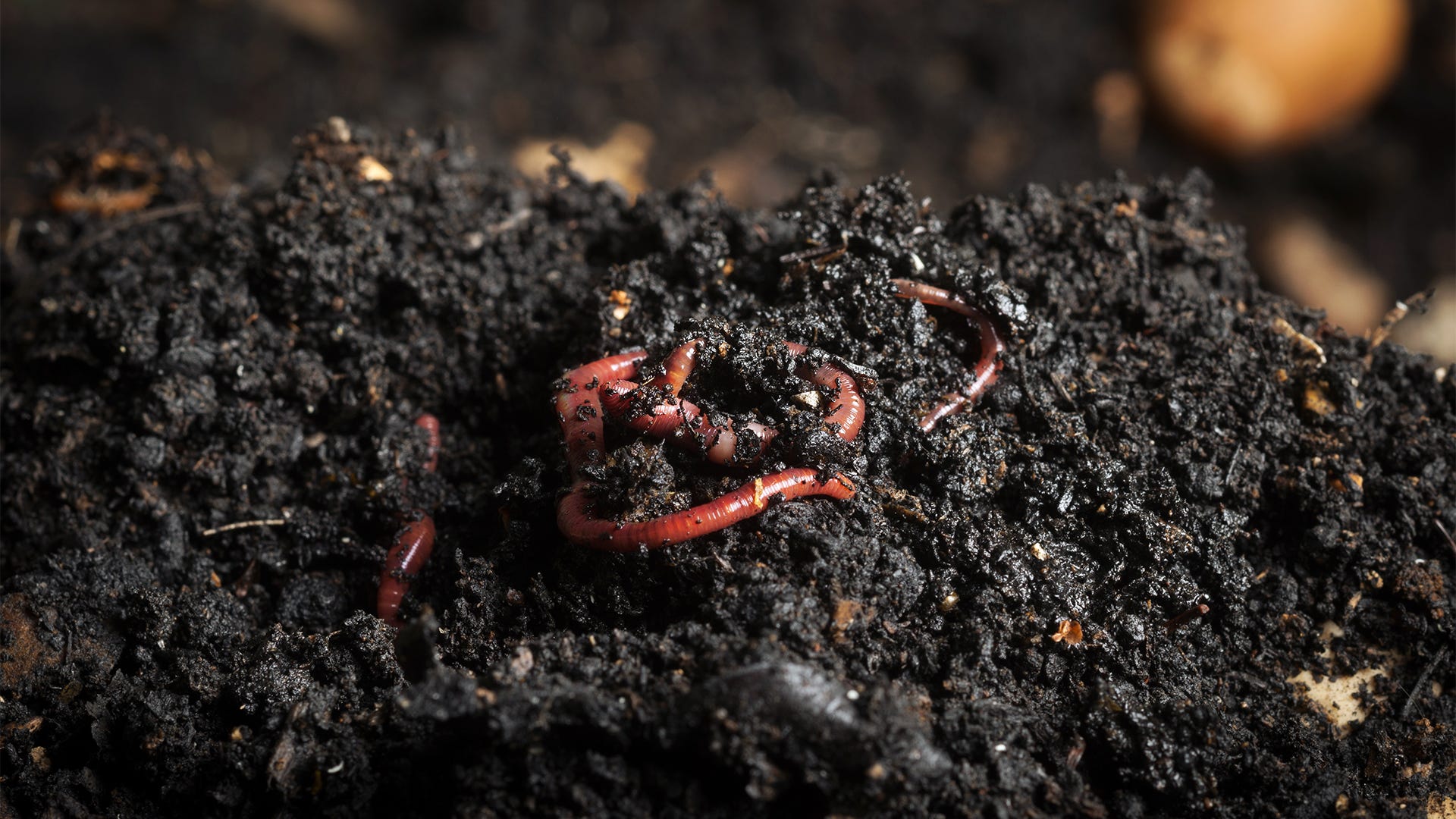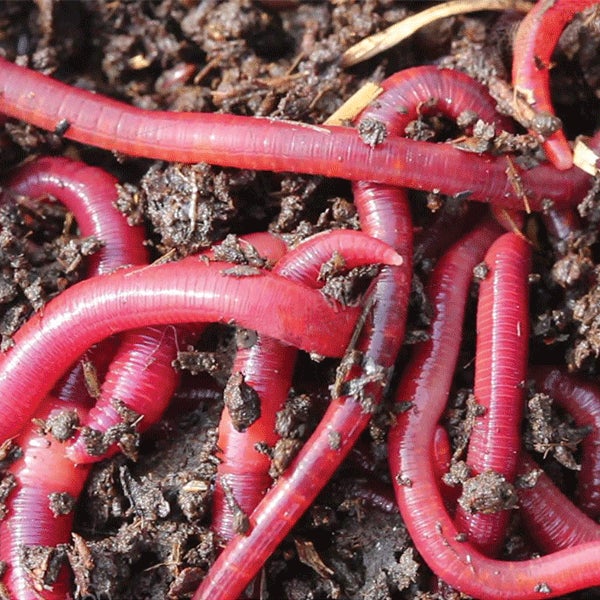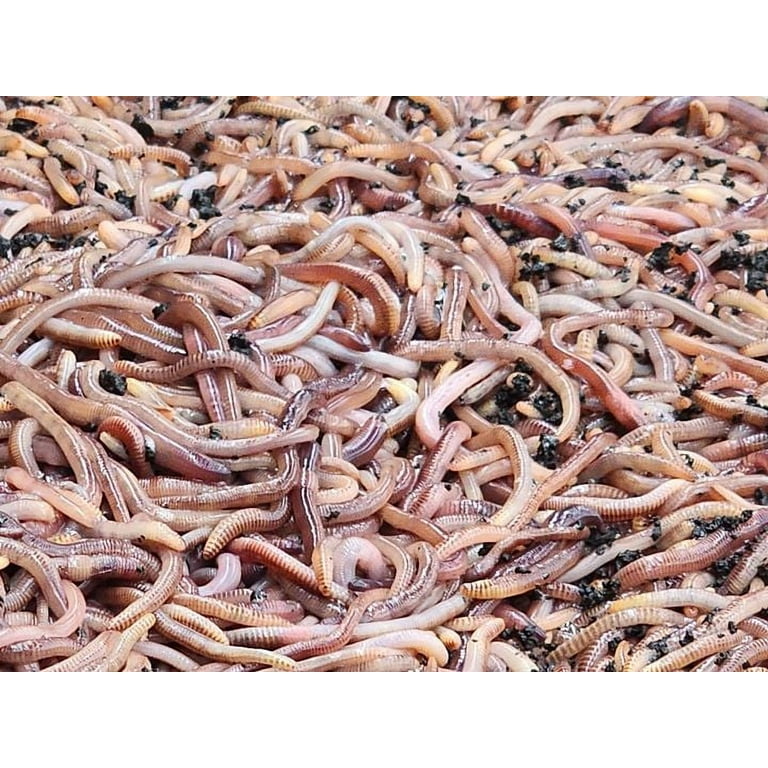Red wigglers: Perfect for small compost setups
Red wigglers: Perfect for small compost setups
Blog Article
Why Red Wigglers Are Vital for Natural Farming
Red wigglers play an essential duty in natural farming, mainly through their unique capability to disintegrate organic products and enhance soil health and wellness. The extent of their influence on agricultural practices and soil biology raises interesting questions regarding the future of natural farming.
Duty of Red Wigglers in Dirt Health

In addition, red wigglers improve soil framework by creating networks as they tunnel. These networks improve oygenation and water seepage, advertising a healthier root atmosphere. Their task likewise assists in preserving optimum moisture degrees, which is essential for healthy and balanced plant development.

Benefits of Worm Spreadings
Worm spreadings, the nutrient-rich excrement created by red wigglers, work as an effective modification for organic farming. These castings are abundant with important nutrients such as nitrogen, phosphorus, and potassium, which are crucial for plant development. Unlike artificial fertilizers, worm castings release nutrients slowly, supplying a steady supply over time and lowering the danger of nutrient leaching and drainage.
Additionally, worm castings enhance soil framework and oygenation, promoting much healthier origin systems. Their high raw material web content improves dampness retention, allowing plants to better hold up against dry spell problems. In addition, worm castings include useful microbes that sustain plant health and wellness by reducing microorganisms and enhancing vitamins and mineral uptake.
The application of worm spreadings can lead to boosted plant yields and boosted top quality of produce, making them an important source for natural farmers. Their use likewise aligns with lasting farming techniques, adding to dirt fertility without the unfavorable ecological effects linked with chemical plant foods. In red wigglers general, the unification of worm castings into agricultural practices cultivates a more resistant and efficient environment, emphasizing the relevance of red wigglers in organic farming systems.

Enhancing Nutrient Biking
(red wigglers eisenia fetida)Nutrition cycling is a critical procedure in chemical-free farming, and the assimilation of red wigglers plays a critical function in boosting this cycle. These earthworms contribute substantially to the failure of natural matter, assisting in the improvement of complex natural products right into simpler, extra accessible nutrients for plants. As red wigglers eat rotting natural matter, they eliminate nutrient-rich castings, which are including beneficial microbes. This microbial task further aids in the decomposition process, ensuring that necessary nutrients are easily available for plant uptake.
Furthermore, red wigglers assist to speed up the mineralization of nutrients, transforming them from inert kinds into bioavailable kinds that plants can take in. This procedure is crucial for preserving dirt fertility and promoting healthy and balanced plant growth. The existence of red wigglers also urges a diverse soil community, fostering a balance of nutrients that supports numerous plant types.
Improving Dirt Structure
The improvement of dirt structure is vital for cultivating a healthy agricultural ecosystem, and the task of red wigglers significantly adds to this renovation. These earthworms play an essential function in freshening the dirt and producing a network of channels that facilitate water infiltration and root penetration. As they burrow via the soil, red wigglers damage up compressed layers, allowing for far better oxygen exchange and advertising microbial activity.
Moreover, the raw material generated from their waste, understood as vermicast, improves soil gathering. This process develops stable clumps of soil fragments, improving dirt porosity and reducing erosion (red wigglers). The existence of red wigglers likewise urges the advancement of beneficial fungal networks, which are critical for nutrient uptake by plants
Supporting Lasting Practices
Integrating red wigglers into natural farming techniques not just enhances soil health yet likewise promotes sustainable agricultural approaches. These earthworms play an essential function in nutrition cycling, transforming organic waste into valuable garden compost that enriches the dirt. By using red wigglers, farmers can effectively lower reliance on synthetic plant foods, thus minimizing chemical drainage and its harmful impacts on communities.
Additionally, the unification of red wigglers urges the method of recycling organic materials, such as cooking area scraps and farm waste. This waste decrease strategy not just decreases disposal prices but also fosters a closed-loop system where nutrients are constantly gone back to the dirt (red wigglers). Such techniques are necessary in mitigating climate change, as they boost carbon sequestration and lower greenhouse gas exhausts
Moreover, red wigglers boost water retention in the soil, which is essential in times of dry spell. Their burrowing tasks create channels that allow water to pass through much deeper into the ground, hence advertising effective water use. Eventually, incorporating red wigglers right into chemical-free farming not just supports biodiversity yet additionally lines up with the concepts of lasting farming, offering a holistic technique to food manufacturing.
Final Thought
In conclusion, red wigglers play an essential function in organic farming by significantly enhancing soil health and fertility. Thus, the assimilation of red wigglers into agricultural techniques is important for advertising sustainability and improving total dirt quality.
Report this page